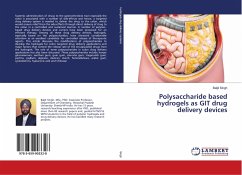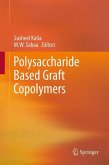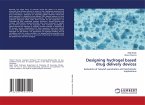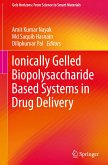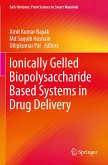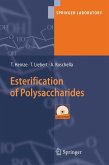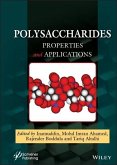Systemic administration of drugs to the gastrointestinal tract especially the colon is associated with a number of side-effects and hence, a targeted drug delivery system is needed to deliver the drug to the colon, which would ensure relief from the side-effects through direct delivery of drug to the colon in a controlled and sustained manner. A number of polymer-based drug delivery devices and carriers have been proposed for an efficient therapy. Among all these drug delivery devices, hydrogels, especially based on the polysaccharides, have attracted considerable attention as an excellent candidate for controlled release of therapeutic agents. This article discusses the modifications of polysaccharides to develop the hydrogels for colon targeted drug delivery applications and major factors that control the release rate of the encapsulated drugs from the hydrogels. The role of some polysaccharides in colon drug delivery applications has also been discussed. These polysaccharides include konjac glucomannan, xanthan gum, guar gum, sterculia gum, tragacanth gum, pectins, psyllium, alginate, dextran, starch, hemicelluloses, arabic gum, cyclodextrins, hyaluronic acid and Chitosan
Bitte wählen Sie Ihr Anliegen aus.
Rechnungen
Retourenschein anfordern
Bestellstatus
Storno

